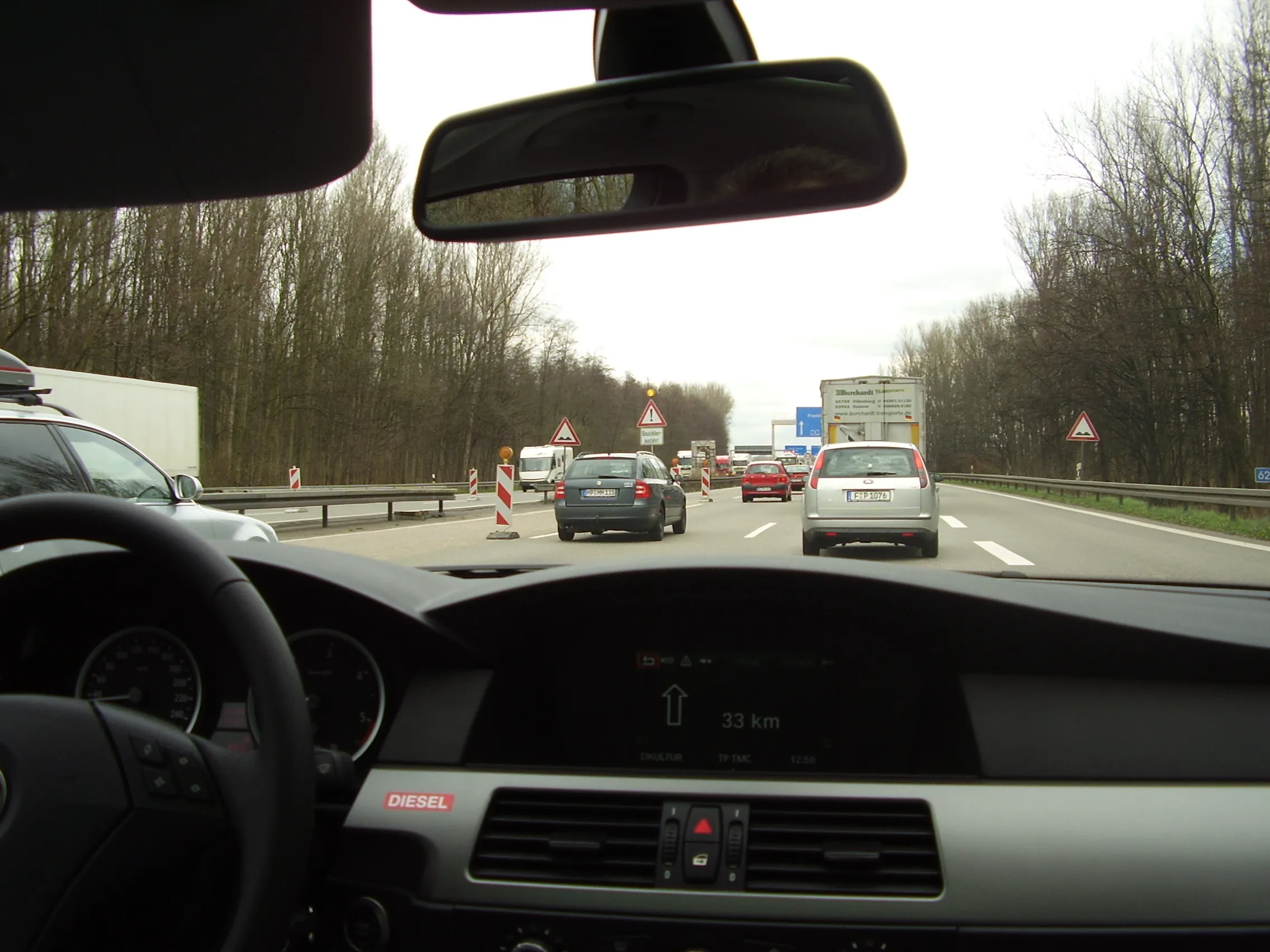Toll roads built in Germany under public-private partnerships deals has been costing taxpayers much more than originally planned, a government spending watchdog has claimed.
An internal report the German Federal Audit Office (BRH) has criticised PPP plans for private motorway construction as laid out by the Minister of Transport and Digital Infrastructure Alexander Dobrindt.
According to the report in the Frankfurter Allgemeine Zeitung, five out of the total six motorways built through a PPP deal resu
January 4, 2016
Read time: 2 mins
Toll roads built in Germany under public-private partnerships deals has been costing taxpayers much more than originally planned, a government spending watchdog has claimed.
An internal report the German Federal Audit Office (BRH) has criticised PPP plans for private motorway construction as laid out by the Minister of Transport and Digital Infrastructure Alexander Dobrindt.
According to the report in the Frankfurter Allgemeine Zeitung, five out of the total six motorways built through a PPP deal resulted in additional costs of almost €2 billion.
Also, PPPs usually exclude smaller businesses because of the large funding that is needed to compete. The BRH is in disagreement with the Ministry of Transport regarding whether an interest change risk can be considered in the economic feasibility study.
BRH’s criticism comes before the government is due to introduce a toll sometime this year for non-Germans driving on Germany’s Autobahns. Dobrindt has said in the past that the toll could bring in around €500 million euros each year, which would be invested in transport infrastructure.
However, the planned toll, first announced last May, could be postponed or withdrawn, depending on the outcome of a European Union legal challenge to its implementation.
Media reports have suggested that foreign drivers would pay around €130 euros a year to use Germany's Autobahns. They could, though, but short-term passes costing around €30 euros for between 10 days and two-months.
An internal report the German Federal Audit Office (BRH) has criticised PPP plans for private motorway construction as laid out by the Minister of Transport and Digital Infrastructure Alexander Dobrindt.
According to the report in the Frankfurter Allgemeine Zeitung, five out of the total six motorways built through a PPP deal resulted in additional costs of almost €2 billion.
Also, PPPs usually exclude smaller businesses because of the large funding that is needed to compete. The BRH is in disagreement with the Ministry of Transport regarding whether an interest change risk can be considered in the economic feasibility study.
BRH’s criticism comes before the government is due to introduce a toll sometime this year for non-Germans driving on Germany’s Autobahns. Dobrindt has said in the past that the toll could bring in around €500 million euros each year, which would be invested in transport infrastructure.
However, the planned toll, first announced last May, could be postponed or withdrawn, depending on the outcome of a European Union legal challenge to its implementation.
Media reports have suggested that foreign drivers would pay around €130 euros a year to use Germany's Autobahns. They could, though, but short-term passes costing around €30 euros for between 10 days and two-months.







